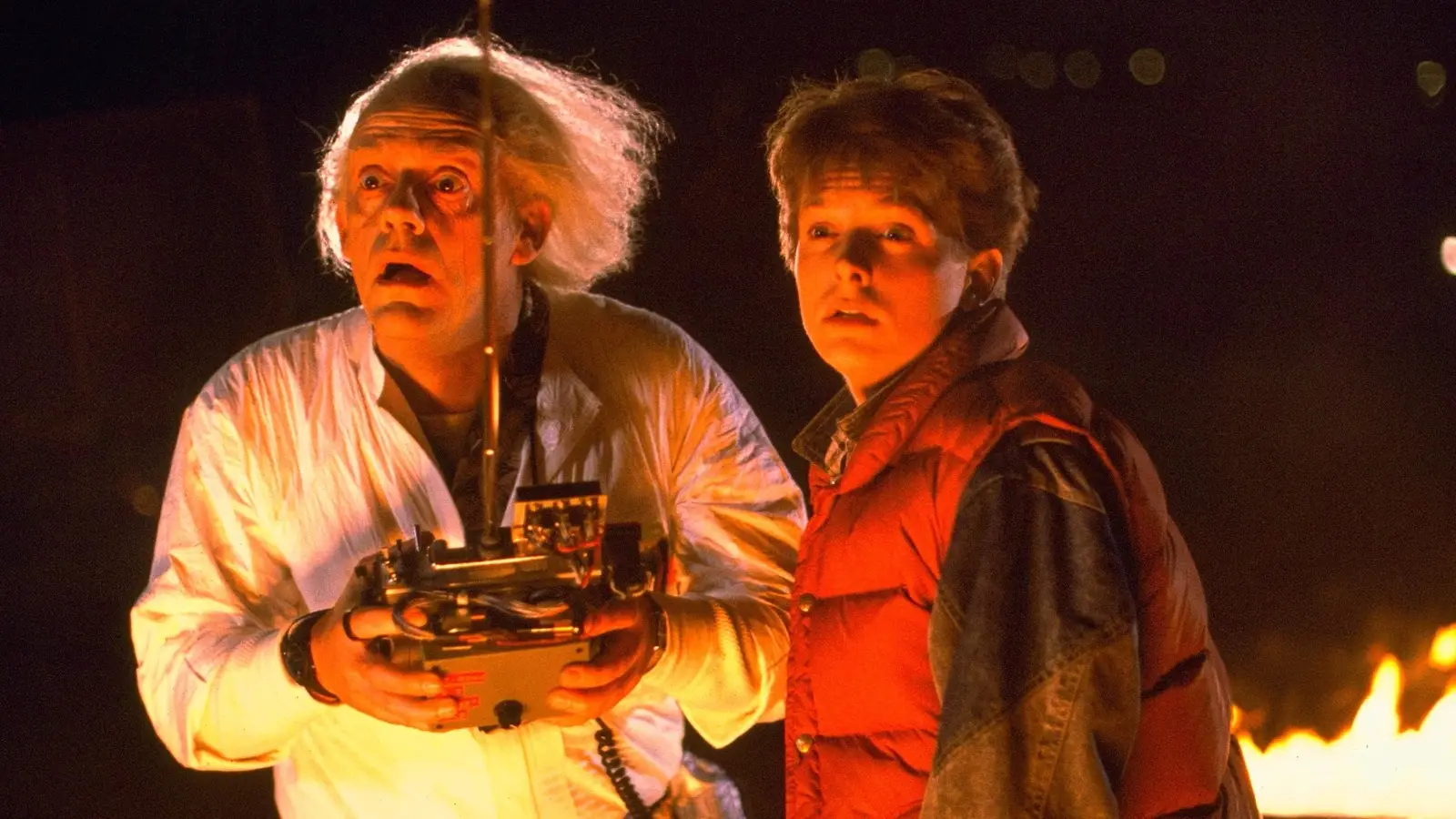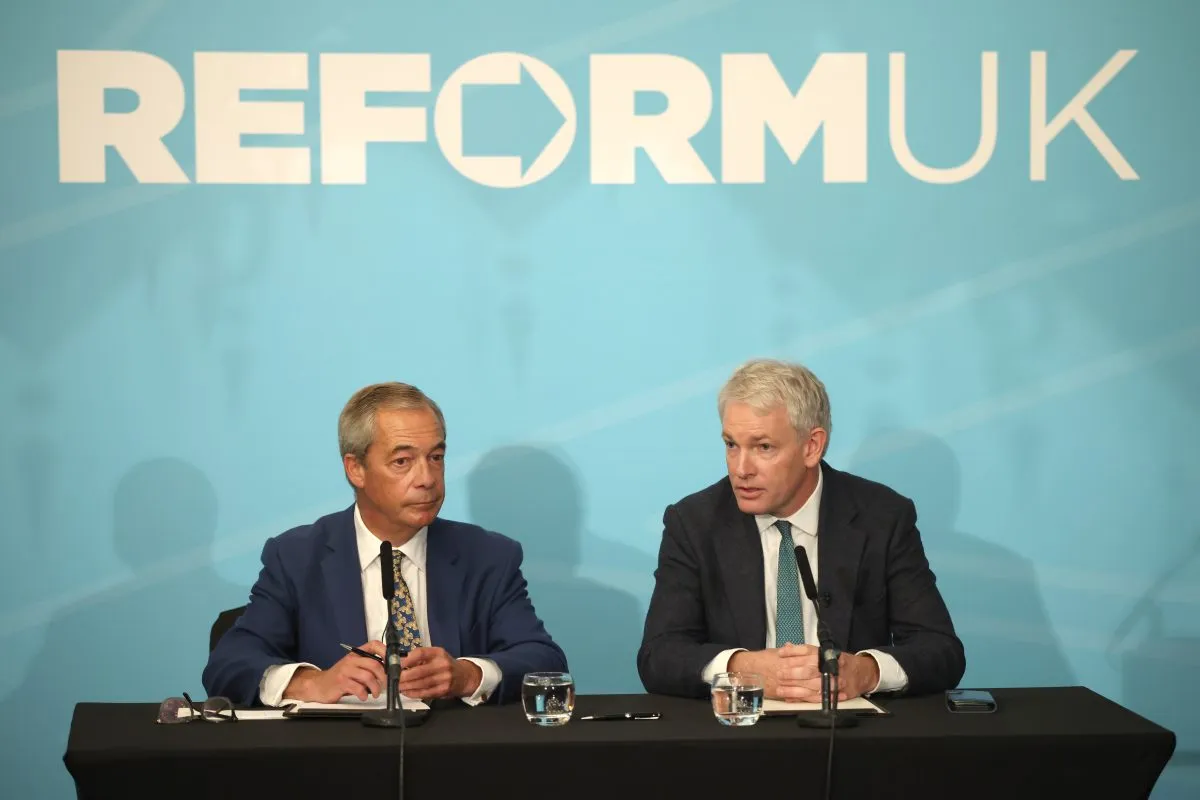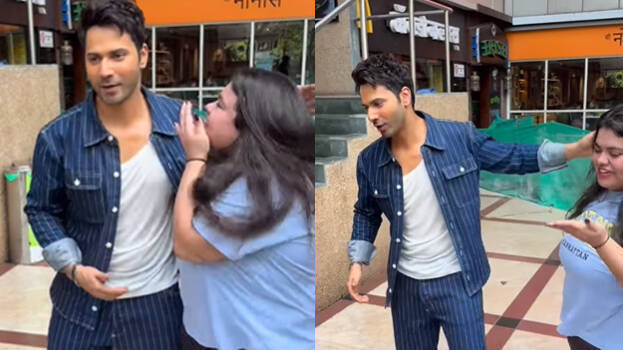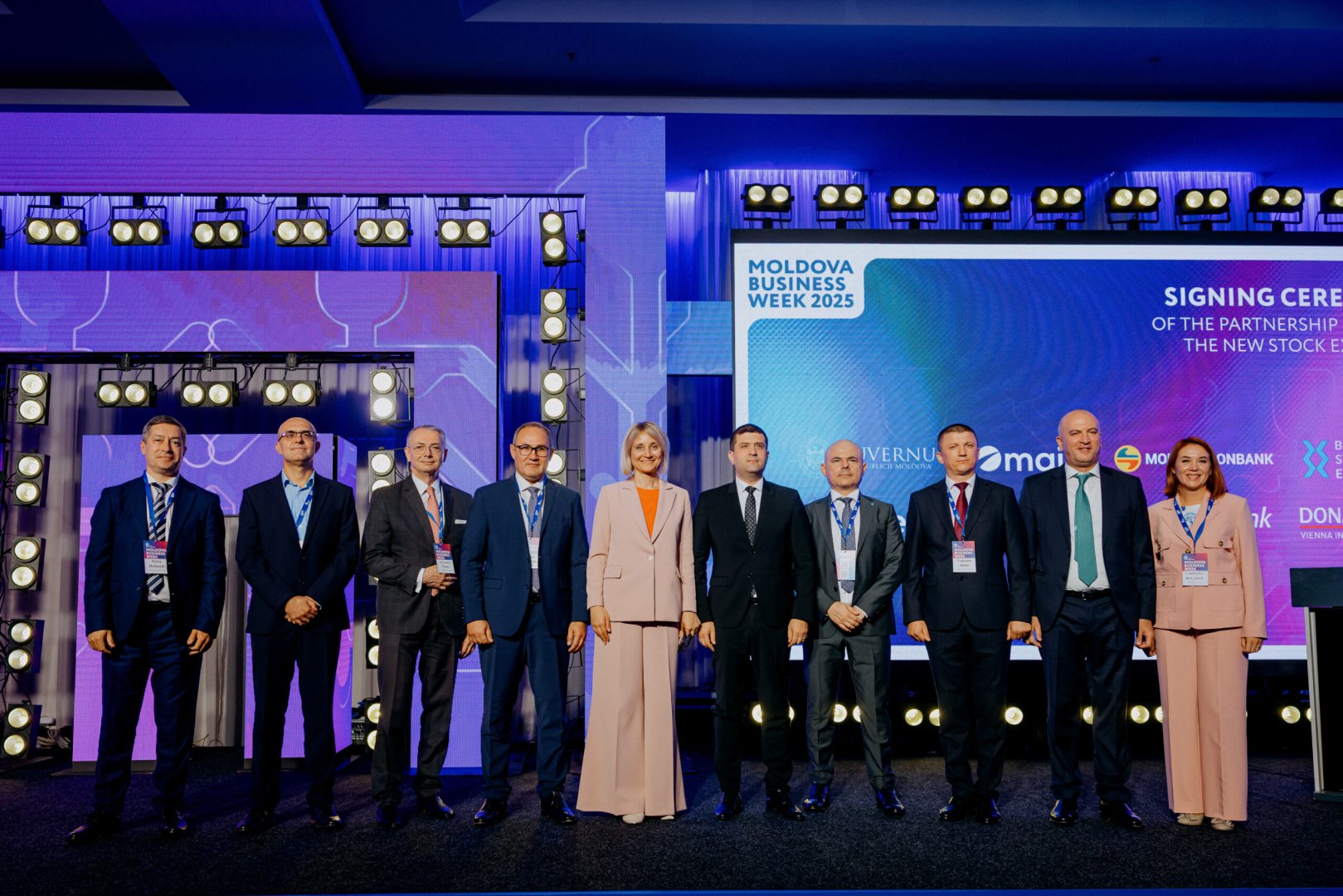
Despite Hollywood endlessly recycling old hits, some major movie franchises have been left abandoned for decades. Sequels used to be a dirty word in Hollywood, with actors and directors often refusing to demean themselves by making them. The stunning success of the James Bond franchise or the Planet of the Apes series slowly changed minds.
It’s now hard to imagine modern Hollywood without ongoing franchises like James Gunn’s DC Universe or the Jurassic World saga. It’s also not uncommon for dormant properties to have the dust blown off them and get revived for modern audiences. Mad Max: Fury Road is an example of this trend done well.
However, there are rare series that were incredibly popular and successful that have lain on a shelf for decades. There can be many reasons for this, such as audience tastes shifting beyond the franchise or one actor being so critical to their success that it wouldn’t really work without them.
Dirty Harry (1971-1988)
A key example of a series being defined by its star, there hasn’t been a new entry in the Dirty Harry franchise since 1988. This five film series consisted of the original, Magnum Force, The Enforcer, Sudden Impact and The Dead Pool. The films cemented Clint Eastwood as a star and kicked off a thousand imitators.
The series follows a San Francisco detective armed with a giant .44 Magnum, who is often so disgusted by the bureaucracy of the system that he takes justice into his own hands. Only the original is a true classic, but the series was a great showcase for Eastwood and they were always enjoyable thrillers.
However, Eastwood felt he had aged out of the character following The Dead Pool (he was 58 when it was released), and vowed not to return. Eastwood held to that promise, and despite whispers of a Dwayne Johnson-shaped reboot during the early 2000s, Dirty Harry has remained retired.
Police Academy (1984-1994)
Police Academy was everywhere during the 1980s and 1990s. The property covered seven movies and a TV series, with the saga making stars of Steve Guttenberg, Kim Cattrall and “The Man of 10,000 Sound Effects,” Michael Winslow. The original is a funny (though WILDLY dated) R-rated affair that became a shock hit.
The wacky characters of the franchise became so popular with younger viewers that Police Academy switched to a PG-13 rating from its second entry onward. Sadly, their quality quickly declined, with each sequel relying on lame humor and tiresome slapstick. Original lead Guttenberg also bailed after four movies.
The final entry, 1994’s unwatchable Mission to Moscow, hammered the last nail in the theatrical series. There have been rumors of a Police Academy reboot for over 20 years (Keegan-Michael Hall and Jordan Peele were once attached) but the property is so of its era, it’s almost hard to imagine a modern take.
Airport (1970-1979)
The disaster subgenre came into its own during the 1970s, when big budget efforts like The Poseidon Adventure were hugely successful. The four part Airport franchise was a license to print money for Universal during this period, with the series nabbing around half a billion during the decade.
The Airport films had a simple formula, where an ensemble of A-listers (including the likes of Charlton Heston, Dean Martin, James Stewart, etc) tried to bring life to stilted, soap opera-style dialogue while navigating some kind of aerial disaster. For instance, the third entry, Airport ’77, saw a plane become stranded underwater.
George Kennedy was the only actor to appear in all four Airport movies.
For movies that were such undeniable hits, it’s wild how little impact they have on modern-day pop culture. That’s no doubt why there hasn’t been a new offering since 1979’s The Concorde … Airport ’79, a sequel that is regarded as the nadir.
Lethal Weapon (1987-1998)
The Lethal Weapon movies may have been filled with action and one-liners, but the reason they were so successful was the chemistry between Danny Glover and Mel Gibson. As detective duo Riggs and Murtaugh, the actors sparked off one another as the two mismatched best friends took down drug kingpins or South African smuggling rings.
The series consists of four entries, closing with 1998’s Lethal Weapon 4. By that stage, the series had become overloaded with side characters (like Joe Pesci’s Leo or Rene Russo’s Cole), and the budgets inflated thanks to salary demands. While all four instalments are fun, the fourth entry felt like the right time to wrap things up.
Gibson has been developing a fifth film as both star and director for years, which seems like it’s not happening. There was also a Lethal Weapon TV series, which, ironically, was doomed thanks to the toxic offscreen chemistry between co-stars Damon Wayans and Clayne Crawford. For now, it seems the Lethal Weapon movies will permanently rest at four outings.
Billy Jack (1967-1977)
Without a doubt the most bizarre entry on this list is the Billy Jack movies. The character of Billy Jack is a mixed-race Vietnam vet and martial arts expert played by Tom Laughlin. Jack debuted in the 1967 biker movie The Born Losers, before Laughlin directed himself in a series of independently produced action movies about the character.
Billy Jack almost feels like a prototype for the kind of stoic, mystical action heroes played by Steven Seagal. The series was highly idealistic and political, but despite being made independent of studios, Laughlin took to booking his movies into theaters himself where they became oversized hits.
In 1985, production began on the planned fifth entry The Return of Billy Jack, but an injury Laughlin sustained during filming eventually led to the project being canceled after the funds ran out.
The third film, The Trial of Billy Jack, outgrossed films like The Godfather: Part 2 and Airport 1975. However, the fourth film barely got a release, and despite reports of a reboot starring Keanu Reeves in the early 2000s, it feels like the Billy Jack saga was a distinctly 1970s phenomenon.
Crocodile Dundee (1986-2001)
Australian comedian Paul Hogan became an unlikely A-lister following the release of Crocodile Dundee, which he also co-wrote. This saw his titular poacher struggling with the urban jungle that is New York when he travels there after becoming something of a celebrity. Some dated gags aside, the original is still an entertaining ride.
It was also an eye-wateringly massive hit, quickly leading to 1988’s Crocodile Dundee II. The sequel was still amusing, though it was an odd mix of comedy and dark thriller. The series then took a full 13 years off before Hogan returned for Crocodile Dundee in Los Angeles, an almighty shrug of a finale.
Since then, the Crocodile Dundee series has lain dormant. The series was “revived” for an Austrian tourism advert dubbed Dundee: The Son of a Legend Returns Home, where Danny McBride played Dundee’s son. Still, it’s very unlikely the franchise will ever be truly rebooted, since Hogan is just too iconic in the role.
Smokey and the Bandit (1977-1983)
Burt Reynolds had an incredible run after 1972’s Deliverance made him an A-lister, and stands as one of the most unique leading men of his era. It might be difficult to replace him in a Cannonball Run reboot, but at least that series was always an ensemble. Replacing Reynolds in the Smokey and the Bandit franchise would be near impossible.
This action-comedy saga cast Reynolds as a bootlegger outrunning a relentless sheriff (played by Jackie Gleason), and hijinks ensue. The original was a big hit (also providing an early starring role for Sally Field), while Smokey and the Bandit II was also a reasonable hit a few years later.
Reynolds skipped out on the third film (aside from a brief cameo), with that 1983 follow-up being a tough watch. It killed the Smokey and the Bandit movies, and while a young Bandit TV movie series arrived in the 1990s, attempts to reboot the film series have led nowhere.
The Godfather (1972-1990)
There is no more iconic or acclaimed trilogy than The Godfather. The saga spends decades inside the Corleone crime family as they fend off all challengers, and the franchise made stars of Al Pacino, Robert De Niro, James Caan and many others.
The legacy of The Godfather was dinged somewhat by the tepid reception to its belated third entry. It was still a success and has its defenders, but it’s just not in the same league as the first two movies. Director Francis Ford Coppola always saw The Godfather Part III as a coda intended to wrap up Michael’s (Pacino) tragic arc.
Coppola and Godfather author Mario Puzo also plotted a fourth entry, detailing Vincent (Andy Garcia) taking over the family, with flashbacks to De Niro as Vito. It would have had a structure similar to the second movie, but Puzo’s passing ended Coppola’s interest in another sequel, with Paramount also being reluctant to greenlight it.
So, it’s doubtful that either a Godfather sequel or remake will ever happen. The property is considered sacred ground to most filmmakers – and its ground best left untrod.
Back to the Future (1985-1990)
The Back to the Future series wasn’t so much abandoned as, well, completed. Creators Robert Zemeckis and Bob Gale stated right after the third entry that a fourth adventure would never happen, and while there have been short films, video games, comics, etc, they’ve stayed true to their word.
Back to the Future is one of the only iconic blockbuster sagas that hasn’t been stripmined for assets by studios, and it would be nice if it stayed that way. Zemeckis did cite interest in adapting the hit musical, but a true legacy sequel (or prequel) will probably never come together.
Jaws (1975-1987)
Jaws is the OG blockbuster, and its success forever altered cinema. As a franchise, Jaws also set the template for how many other series evolve; the sequels get progressively worse, rely on gimmicks (like 3D) and end on a bad note. Still, Jaws 2 is actually pretty solid and The Revenge is more entertaining than most give it credit.
The series was pretty creaky by the end of the 1980s, and despite occasional whispers of a revival, it seems Jaws wouldn’t be resurfacing. There are unconfirmed reports Spielberg – who was vocally displeased with the sequels – played a hand in ensuring no more sequels came together.



